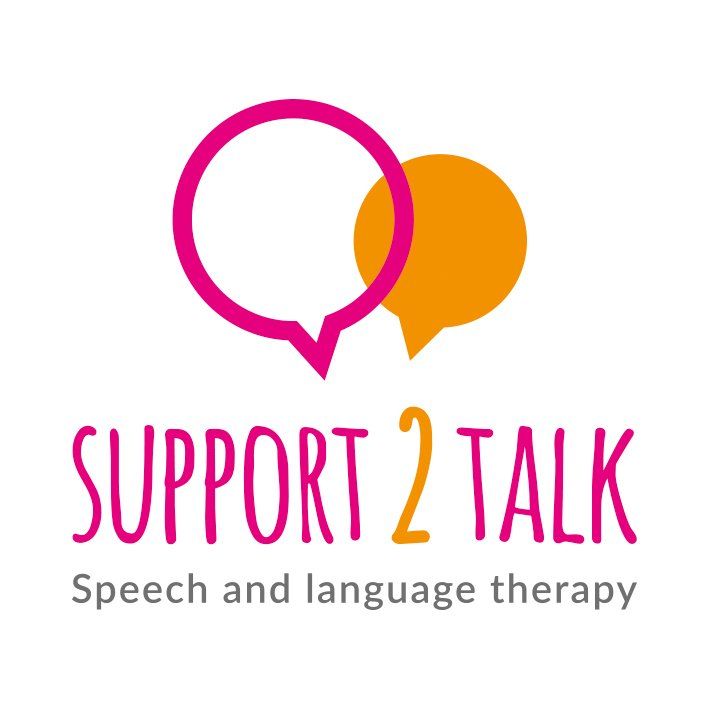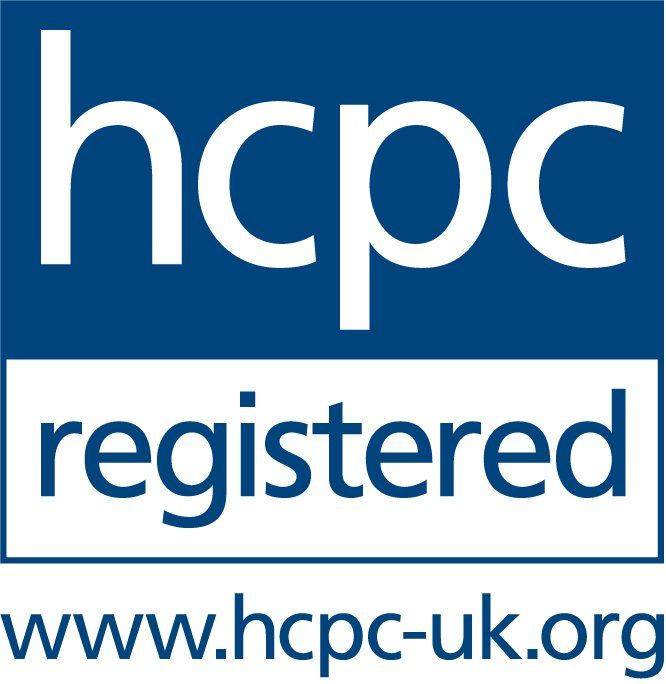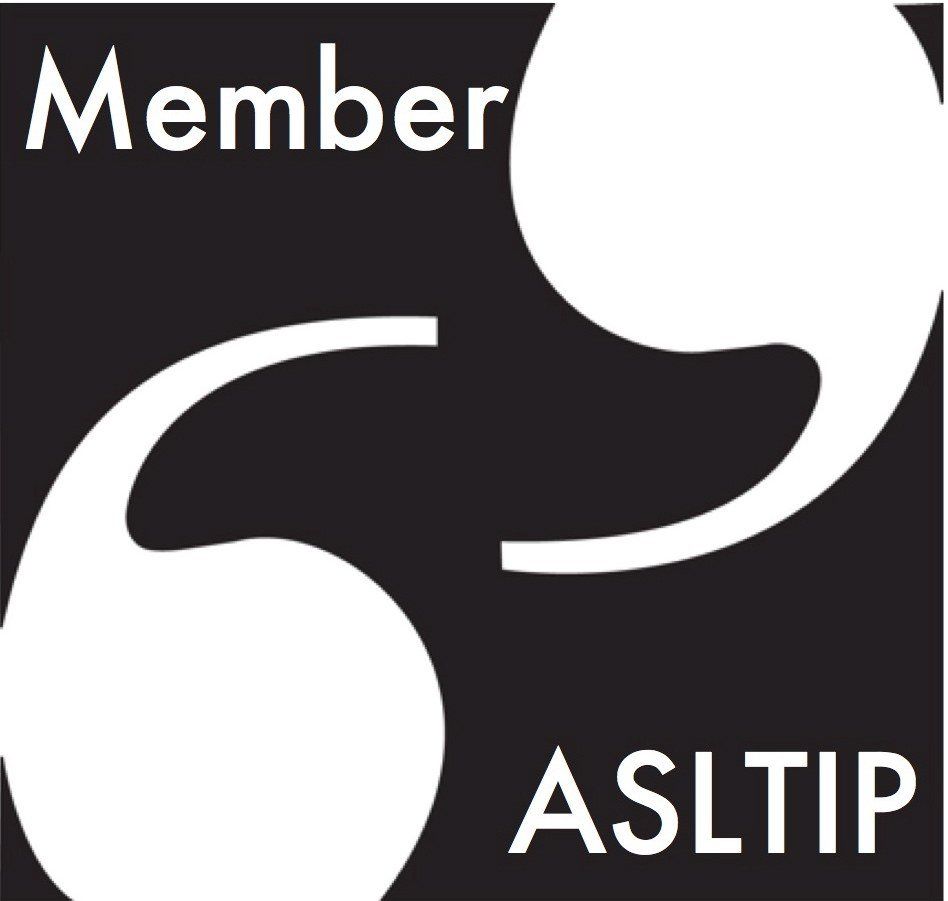Speech, language and communication skills are important in helping a child to connect with others and learn about the world around them.
At Support 2 Talk the focus is on supporting children to communicate to the best of their ability.
Speech and Language Therapy
Support2Talk is an independent speech and language therapy service. We provide support for children who are experiencing difficulties with their speech, language and communication.
Our services include assessment, advice and therapy. What this involves will be different for each child depending on their individual needs. We work collaboratively with families to ensure we are maximising the impact of what we do.
We also provide commissioned speech and language therapy services in schools and nurseries in the West Yorkshire area.
Find out more about us by clicking the link below.
Speech, Language, and Communication needs
Identification of need
Identifying speech, language and communication needs (SLCN) in children can be challenging as there are often many aspects of a child's development to take into account. However, seeking advice and getting the right level of support in place as early as possible can make a big difference.
Should I be concerned about my child?
Knowing what is typically expected at different ages and stages as a child develops can help in deciding whether to seek further advice from a speech and language therapist.
The Ages and Stages Guide published by Speech and Language UK provides further advice on this.



